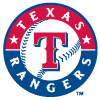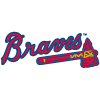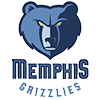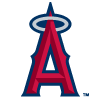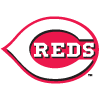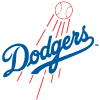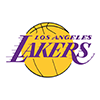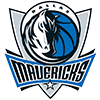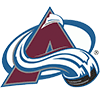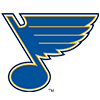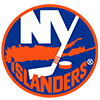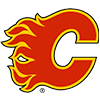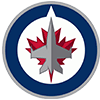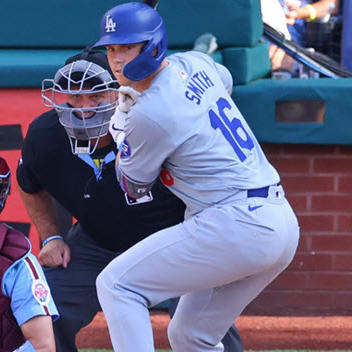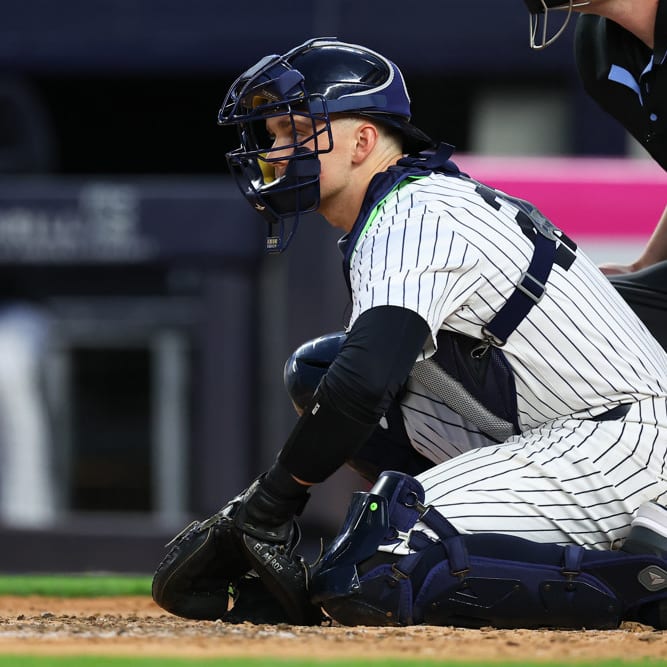With numerous elite seasons under his belt, Andrew McCutchen seemed like a safe pick in 2016 fantasy baseball drafts. Though he enjoyed the third-highest home run total of his career, he took a dip in every other typical fake-baseball category.
At age 30, can the five-time All-Star regain the first-round floor he had as recently as 2014? To start answering that, look at the biggest two weaknesses in his value.
Speed and contact drops
First, McCutchen's stolen bases have declined in each of the last three years, with last year's low count of six raising eyebrows. That key stat helps thieves stand out in terms of dollar returns, and without reaching double digits, McCutchen blends in with numerous other power sources.
The other major victim was his batting average (.256), which took a nosedive along with his on-base percentage (.336), BABIP (a still serviceable .297), strikeout rate (21.2%), hard contact (35.8%), and swinging-strike rate (career-high 10.7%). Piling on, his contact rate (76.8%) remained below the desired threshold for .300 hitters of around 80%.
But even at its lowest level, his BB/K remained at least above-average, especially in the second half (0.71 BB/K, compared to 0.36), and he hasn't had a seasonal walk rate of lowest than 10.2%. His plate awareness remains a strong foundation for him to build off with everything else.
Powering up?
While it may be partially responsible for his decreased clip, his fly-ball rate shot back up to tie a career-best level (41.7%), which backed up his power, which suddenly may define his value.
Per our own Jeff Zimmerman's Baseball Heat Maps leaderboard, Cutch ranked 44th in average fly-ball distance, better than those from Giancarlo Stanton, Miguel Sano, J.D. Martinez, Hanley Ramirez, Adam Jones, Jose Altuve, Khris Davis, Mark Trumbo, and many more boppers.
He was also 30th in 2015, but there was one major difference: His average launch angle was much better at 7.77 degrees, compared to 2016's 0.93 – closer to line drives and ground balls.
This doesn't jive with his career-high 12.7% infield fly-ball rate, so that may prove to be a serious anomaly. Other components of his power – like his fly-ball rate and HR/FB – were almost in line with career patterns. He clubbed six home runs in September.
Maybe he should've swatted more home runs. (Of course, the cavernous PNC Park may not have left that happen.)
Physical factors
In a recent Collette Calls piece, Jason Collette detailed how some aging center fielders' performance has broken down through age. Heading into his ninth season, McCutchen has displayed signs of early erosion similar to those 30-year-olds who broke into the majors early (he was 22).
McCutchen was battling some thumb issues early in the year, which likely messed up his swing and ability to drive the ball. That came a year after he admitted to having knee issues in his less disappointing 2015 season (.292/.401/.488). Those who draft him must include his increasing amount of dings in his price, and such random soreness could limit how much he'll try to steal a bag.
Still, if he's relatively healthy, his mechanics should return to normal, and perhaps allow many of those cans of corn to travel father.
Bounce back or fade away?
Fantasy players who blindly draft him as a second-rounder again will not get an adequate return on investment, considering his five-, and even four-category production remains in jeopardy.
Perhaps the power-for-average trade-off will become permanent, and fantasy players will have to expect numbers along the lines of 20-25 homers, 180 combined runs and RBIs, .270-.290 batting average, an OBP greater than .350, and an annual hope that he steals double-digit bags.
Even if he displays more pop, his return to an above-average batting average looks like more of a lock than the speed. A mix of getting more green lights and simply getting rest he needs may help it come back.
Of course, this may need a rewrite if he gets traded from Pittsburgh, but just about anywhere else in the majors would offer a better home park for hitting.
I ranked him 38th overall in our 2017 Fantasy Baseball Composite Rankings (for subscribers), as my 10th overall outfielder. Aggressive? Sure, compared to 52 and 14th overall, respectively.
But rational people aren't drafting in November. These early rankings mostly aim to prove a point about how high or low the market is on a player.
Hopefully the center fielder is bombarded with negative buzz that allows you to buy low. The former fantasy stud could wind up a huge steal somewhere near the bottom of the top 50 selections, where his burden of proof to match his previous elite numbers will cost relative pennies.






